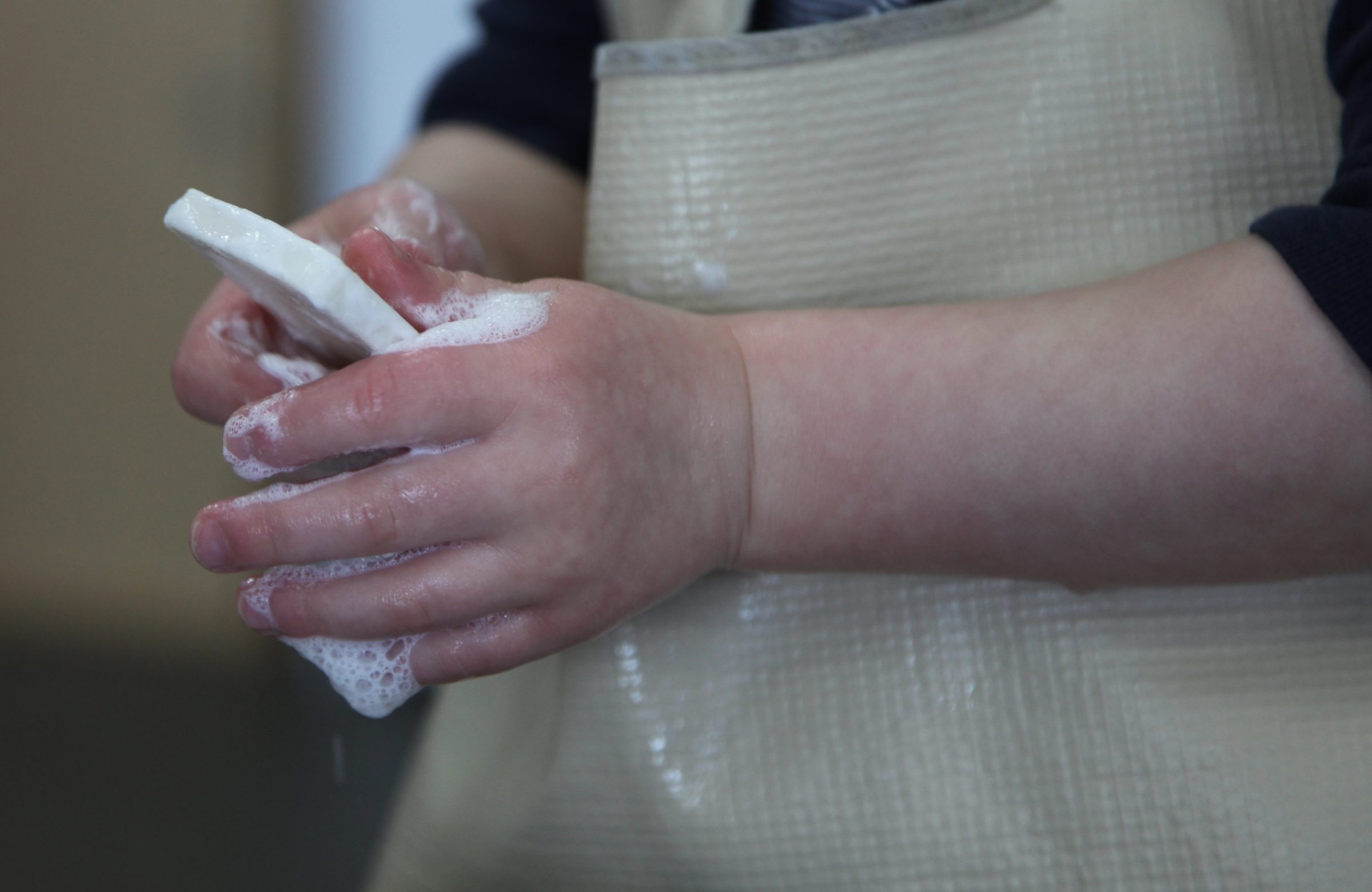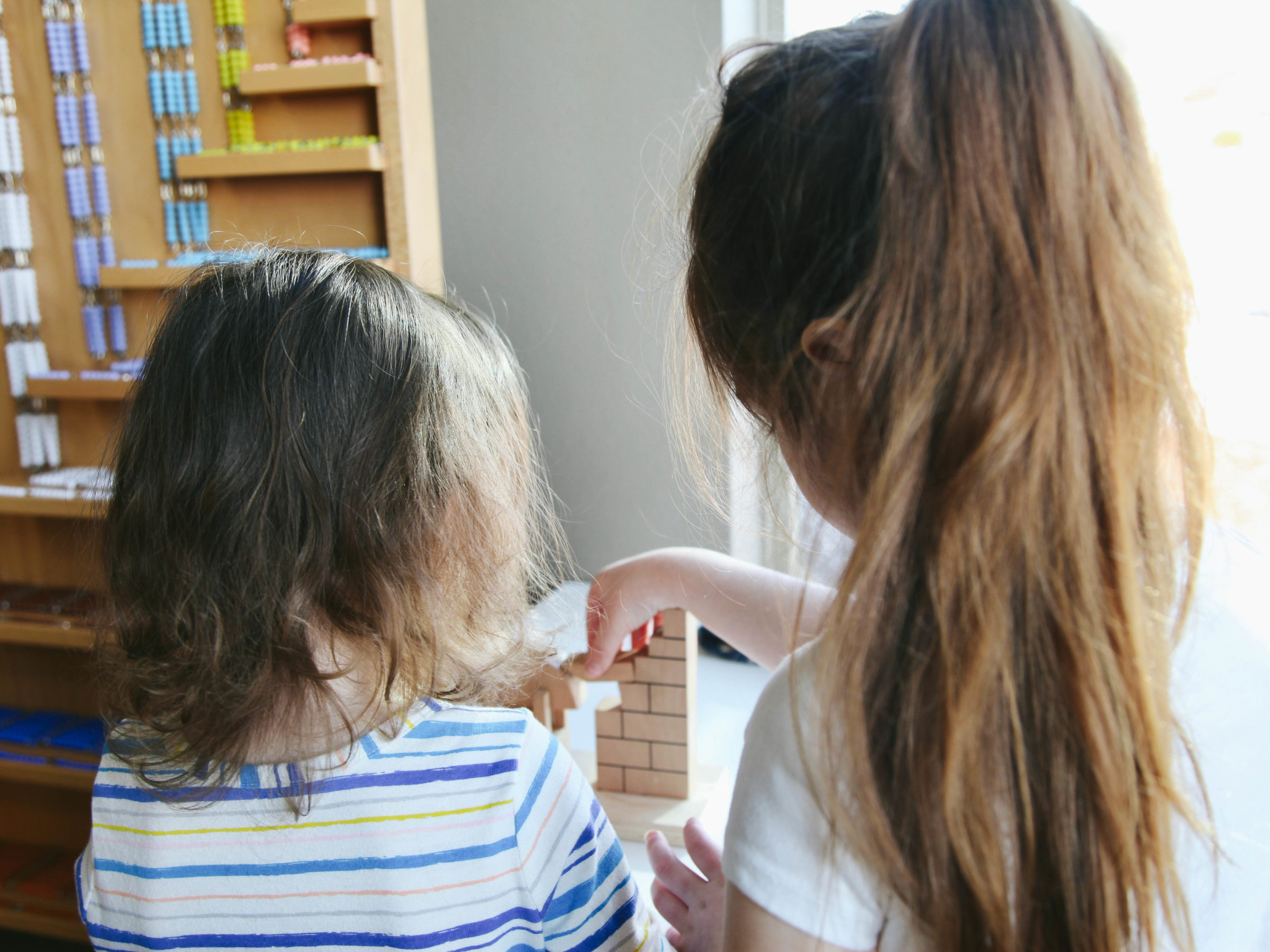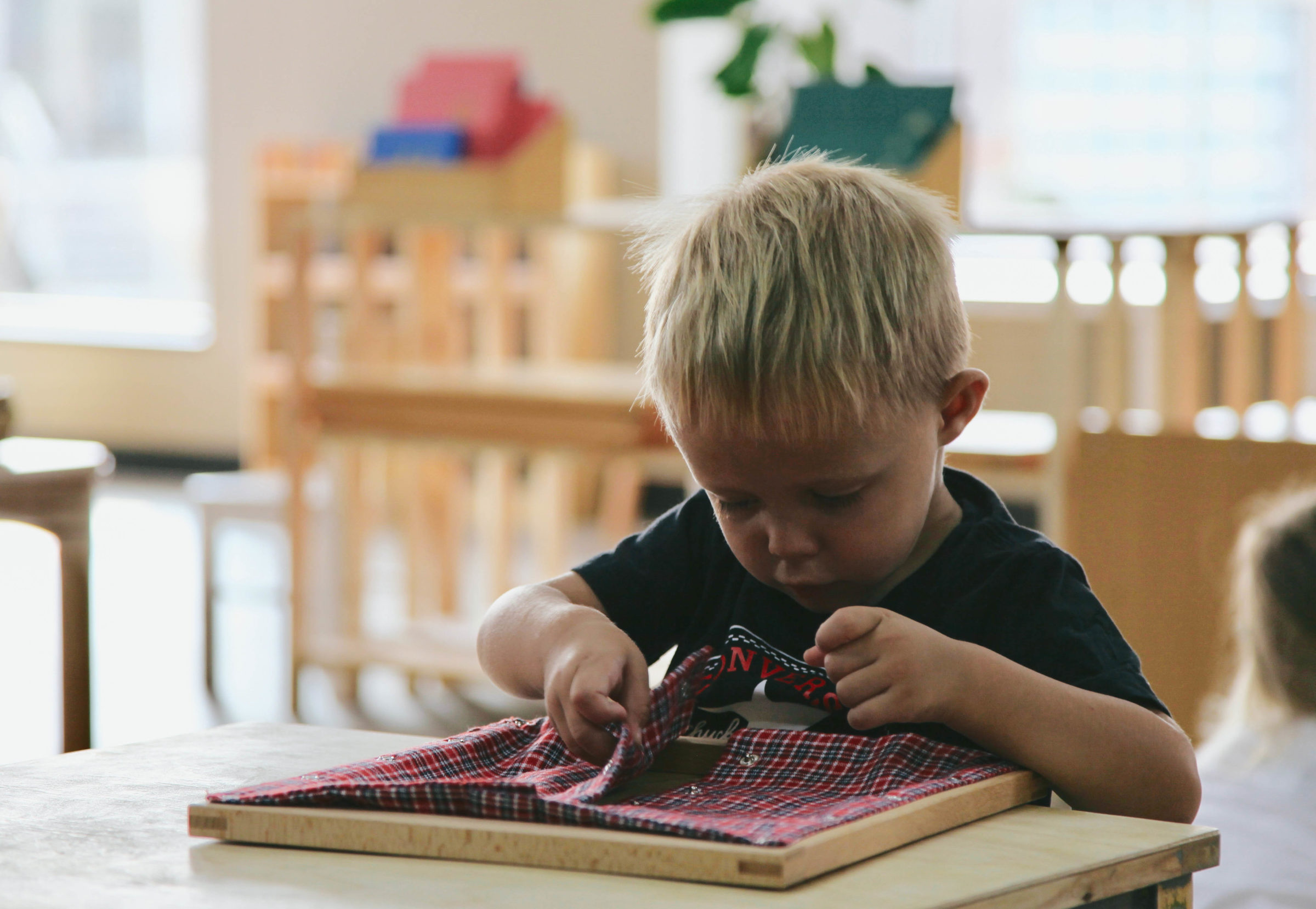Misconceptions of Montessori
Thoughts & Reflections

As we meet with other educators, discuss education within the community, and introduce prospective parents to the Montessori approach to education, we’re often confronted with three basic criticisms, or misconceptions of Montessori.
Here they are, in no particular order:
- “I don’t want my child to become too smart.”
- “I’m concerned with my child becoming independent.”
- “What if my child chooses to no longer listen to me.”
Please keep in mind, these are perceived criticisms, and not criticisms that emanate from an appreciation of Montessori. They’re more like preconceived ideas of what Montessori is all about, which is an important distinction.
Let’s address each of these issues.
First, the issue of intelligence. One of the most important points to consider is that for Montessori schools, social success leads to academic success, and not the other way around. An emphasis is placed on the child, on their individual needs and abilities, not on an arbitrary date for accomplishments. We never force a student to work with an activity in which they are not interested. Instead, we are here to follow and support their passions. It is our belief that a happy child will engage with the world on their own accord. They’ll naturally desire to become more interested and involved with their environment. Is our natural state not one of striving towards new conditions of learning?
Second, the issue of independence. As everyone knows, if there is one catchphrase that could describe Montessori, it is that children are encouraged to become independent. It’s every Montessori teachers dream. In a memorable expression, Montessori famously stated that the only time an adult will have a conflict with a child is when that child starts to express their independence. Our role, as parents, as educators, as members of the community, becomes one of trying to accommodate and support the growth of the child. If we create the conditions in which that child is able to become independent, then there will be no conflict and the child we be free to expand into the person they wish to become.
Third, the issue of listening. In Montessori schools, we don’t tell children what to do. Instead, we ask them to think on their own. Children are just like us: they want to be provided with the information in which they can make an informed and reasonable decision. That said, children are usually exceptional listeners because they are always on the look out for new information to assess the situation. Children look to us for reasons, guidance and explanations. But, showing, telling and asking a child are not exactly the same things. Rest assured, children want nothing more than to listen to us, to follow our examples, to take care of themselves and their environment. They only need to be given the chance.
One of the reasons to which we attribute this set of questions comes from the daycare model. It is so ingrained in the way we think about children and their needs, and Montessori is so contrary to this framework. This is not to point fingers, or to say that daycares don’t serve their purpose, but rather, to attempt to identify the origin of these misconceptions.
Now, maybe these are criticisms specific to our community, and we’re sure you probably have others. We’d love to hear from you. Send us an email: hello@baandek.org
Written by:
Baan Dek



